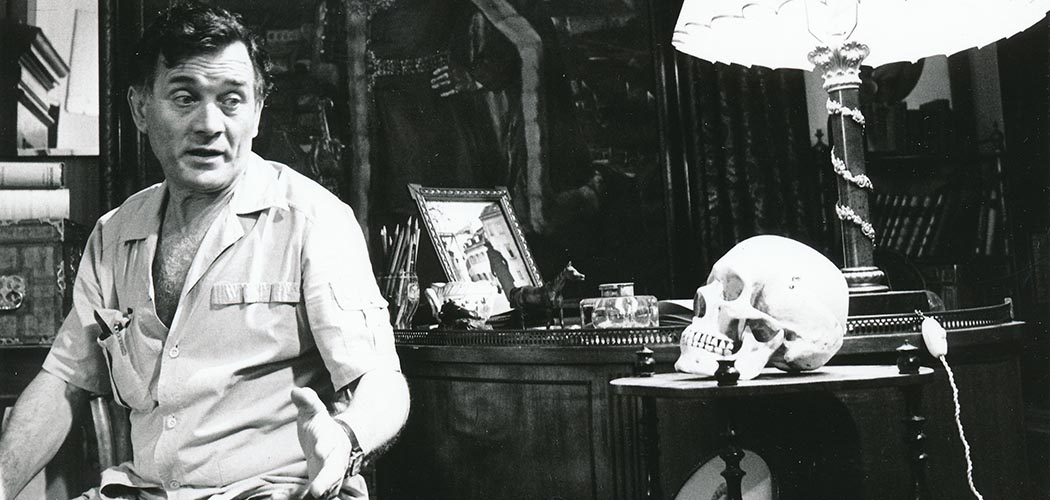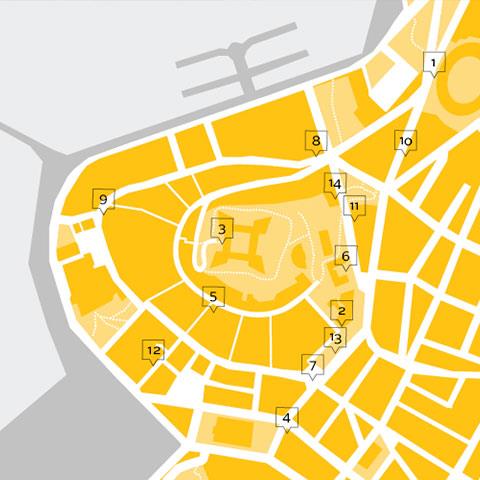
In his long career as a director, which, with pauses, has been lasting since the mid-1960s, Antun Vrdoljak has undoubtedly earned his right to enter the pantheon of Croatian film directors. Having tried his hand in genre films, crime films (and war films especially successfully), in comedy films, and above all one of our most famous TV series Beggars and Sons, which were made in the demanding mode of tragicomedy, Vrdoljak has also confirmed his position as an author with film adaptations of Croatian literary works, starting with the already mentioned series, which is in dialogue with the novel by Ivan Raos of the same name, as well as in his inspiration from The War Journal by Ivan Šibl. Vrdoljak began with this ‘classic’ line of adaptations with the film Snowstorm, based on a play by Pero Budak, where he suggestively translated the naturalism of the literary work in permeation with the symbolic dimension, to then reach a climax by directing film adaptations of two canonic texts: the first one is Cyclops, a novel by Ranko Marinković, which he used in his going back to the omnibus Carnival, Angel and Dust, and the second one is The Glembays, a play by Miroslav Krleža. The film Cyclops visualises first of all the apparent realistic-psychological level of the monumentally polyphonous novel of the same name, but it also provides a clear glimpse into Marinković’s great theme of the issues of sight, perspective and interpretation of the seen, developing a comprehensive feeling of anticipating the inevitable doom through its narrative rhythm and photography of mostly darker, dusty colours with hints of light peeking through obscured interiors of apartments and cafes. This type of photography will also be the hallmark of The Glembays, a film created by the author making connections back to the fragments of Krleža’s text, a film in which Vrdoljak proves to be a master of directing actors time and time again, as he always has (perhaps reflecting his own beginnings in film), a film in which he used dialogues scenes, as well as scenes of subjective recollection and fancy, to emphasise the fictional tone of the play, the symbolic picture of the society in agony, an epoch of crisis and decay. If these short reflections on Vrdoljak’s approach to film adaptations offer even a bit of his affinity to a certain poetics of Mannerism, which he would probably disagree with, what remains is to think back to the plethora of references these films call to mind and once again compliment his intuition and thinking.
Bruno Kragić
Antun Vrdoljak (Imotski, 1931) graduated in acting from the Academy of Dramatic Art in Zagreb. He gained popularity as an actor mostly thanks to his role in H-8 (1958), a film by Nikola Tanhofer. His directorial debut came in 1965, with an episode After the Show of the omnibus The Key, while the most significant part of his work is the war trilogy When You Hear the Bells (1969), The Pine Tree in the Mountain (1971) and The Return (1979). The second prominent segment of his work is made up of adaptations of classic works of literature: Snowstorm (1977), based on the play by Pero Budak, Cyclops (1982), based on the novel by Ranko Marinković, The Glembays (1988), based on the text by Miroslav Krleža, and Carnival, Angel and Dust (1990), based on the prose by Ranko Marinković. He has also directed one of the most popular Croatian television shows, Beggars and Sons (1971, based on the novel by Ivan Raos).
In the 1990s, he turned his focus to politics and promoting Croatia through sports. He served as director general of Croatian Radiotelevison and the first president of the Croatian Olympic Committee. In 2003, he directed the film Long Dark Night, dealing with World War II and its aftermath, and is currently preparing The General, a film about the life of Ante Gotovina.
Cinematheque at the 64th Pula






